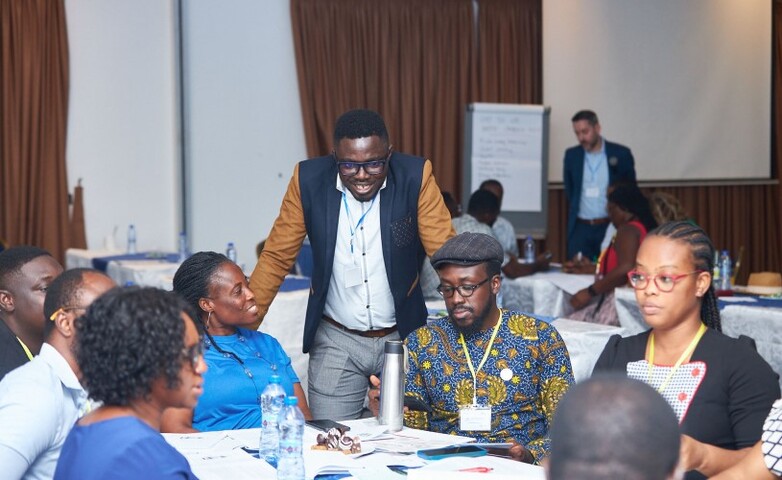Changing from grey to green hydrogen production
Project Development Programme for Green Hydrogen Projects (H2-PDP)
Context
Green hydrogen (H2) is needed to reduce carbon use in industry (decarbonisation). At present, however, countries such as Ghana, Kenya, Jordan and Viet Nam primarily use ‘grey hydrogen’ derived from fossil fuels.
The sustainability of a product and its carbon footprint will play a greater role in determining its competitiveness in future, so it is worthwhile for companies to switch from grey to green hydrogen at an early stage.
This solution is not cost-effective at the moment, however: green hydrogen will be more expensive than grey hydrogen in the next few years. Moreover, German and European technology suppliers and project developers are not currently focusing on the selected countries. The market is still being set up.
Objective
Ghana, Kenya, Jordan and Viet Nam increasingly produce green hydrogen at competitive prices.

Approach
The project identifies local companies that are able to switch from producing grey hydrogen to green hydrogen within a short period. It advises them on plant design, business models and how they can cover the funding gap compared with grey hydrogen.
With a view to accelerating the move to green hydrogen, the project facilitates access to funding instruments such as a public-private partnership (PPP) by the International Hydrogen Ramp-up Programme (H2-Uppp) and to suitable technology partners from Germany and elsewhere.
The project analyses industry segments that would be suitable for pilot projects and presents them to German companies. Additional training sessions raise awareness among local hydrogen customers, producers and project developers with the involvement of German solution providers.
Local companies gain access to suppliers, who are made aware of specific opportunities. On account of their pioneering role, they can profit from financial support measures for pilot projects.
The project is thus driving the energy transition in the partner countries. At the same time, German companies can benefit from this approach as it helps them enter markets in developing countries and emerging economies.
Last update: May 2023




